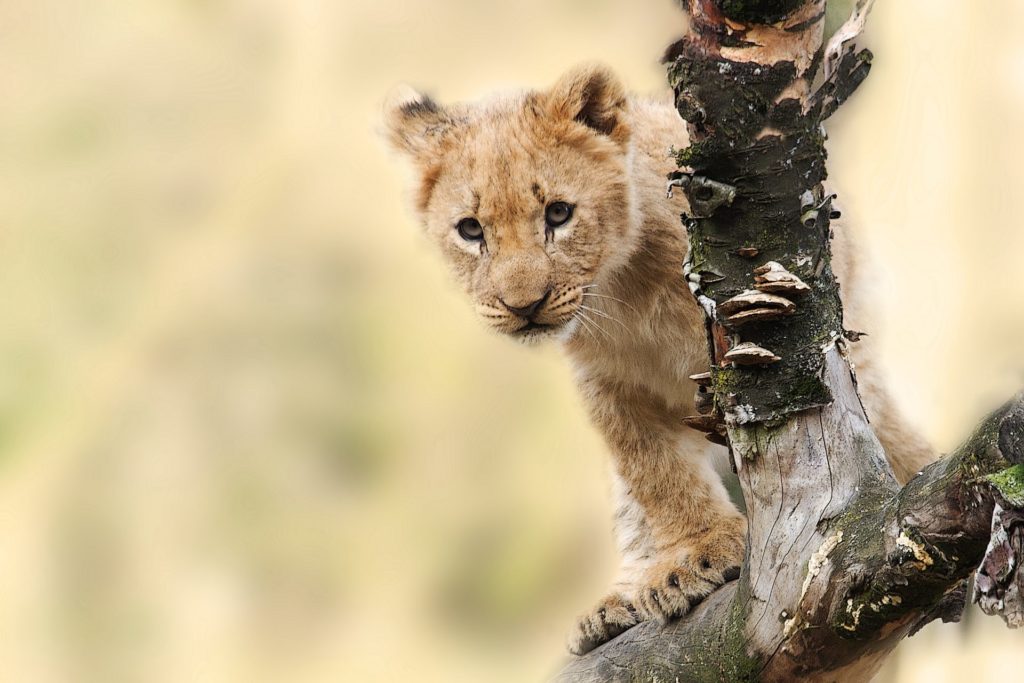Three lion cubs were born in ZOO Antwerpen last week, of which the genes will be important for the survival of the West and Central African lions, as they are listed as critically endangered species.
The birth of these cubs marks the first time in almost ten years that a cub has been born at the zoo, and is part of a breeding programme in which the zoo participates in cooperation with the European Association of Zoos and Aquaria (EAZA) to save the West and Central African lions from extinction.
"This is great news for the ZOO and the species," caretaker Daan said, as it suffers from hunting, poaching, habitat loss and poisoning.
"We suspected that lioness Tasa was pregnant, as several matings had been seen. The gestation period for a lioness is 100 to 112 days. To be on the safe side, she was separated from the rest of the group a fortnight ago, as lionesses also isolate themselves in the wild to give birth in peace and quiet," he added.
The sex and names of the cubs are not yet known, however, like all animals born in ZOO Antwerpen this year, the names will start with a 'W', and will be chosen by its keepers, subscribers and visitors.
It will be a while before visitors can admire the cubs in the flesh. They are expected to take their first steps in the flowerbed in August, before being brought together with the others, as they have to be big enough to walk around well to join the pride.
Watch the birth of the three cubs here:
For now, the young lions and their mother will be separated from the pride for a while, as would be done if they lived wild. Once the triplets are a bit bigger and can stand firm on their feet, they will rejoin the rest of the group.
Although this is cause for celebration, some caution is in order, as a young lioness' first litter is never without risk, as the mother could suddenly stop giving milk.
How the other lions will react to the cubs remains a question mark, which is why the introduction will happen step by step and is well monitored by the keepers.

